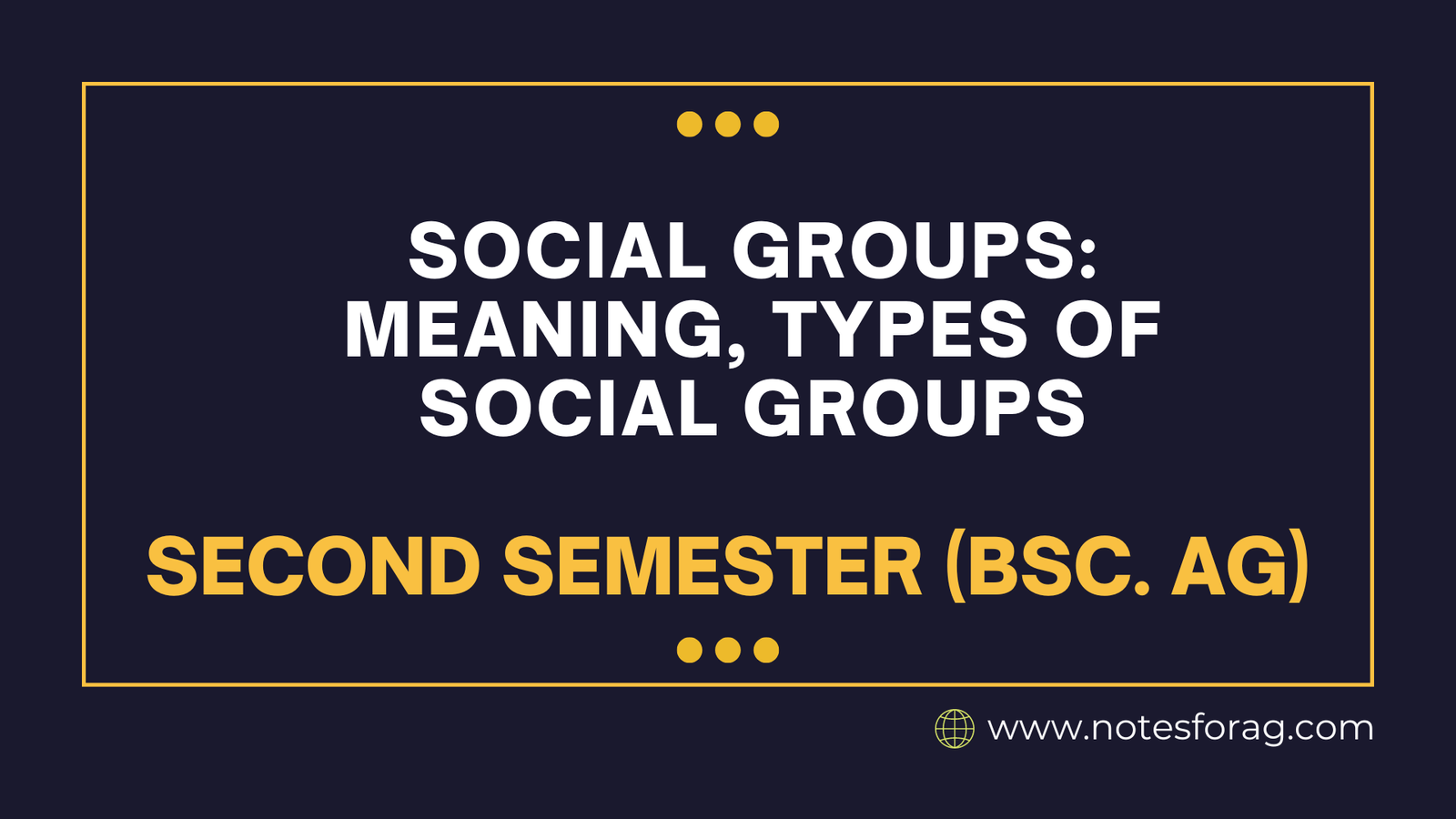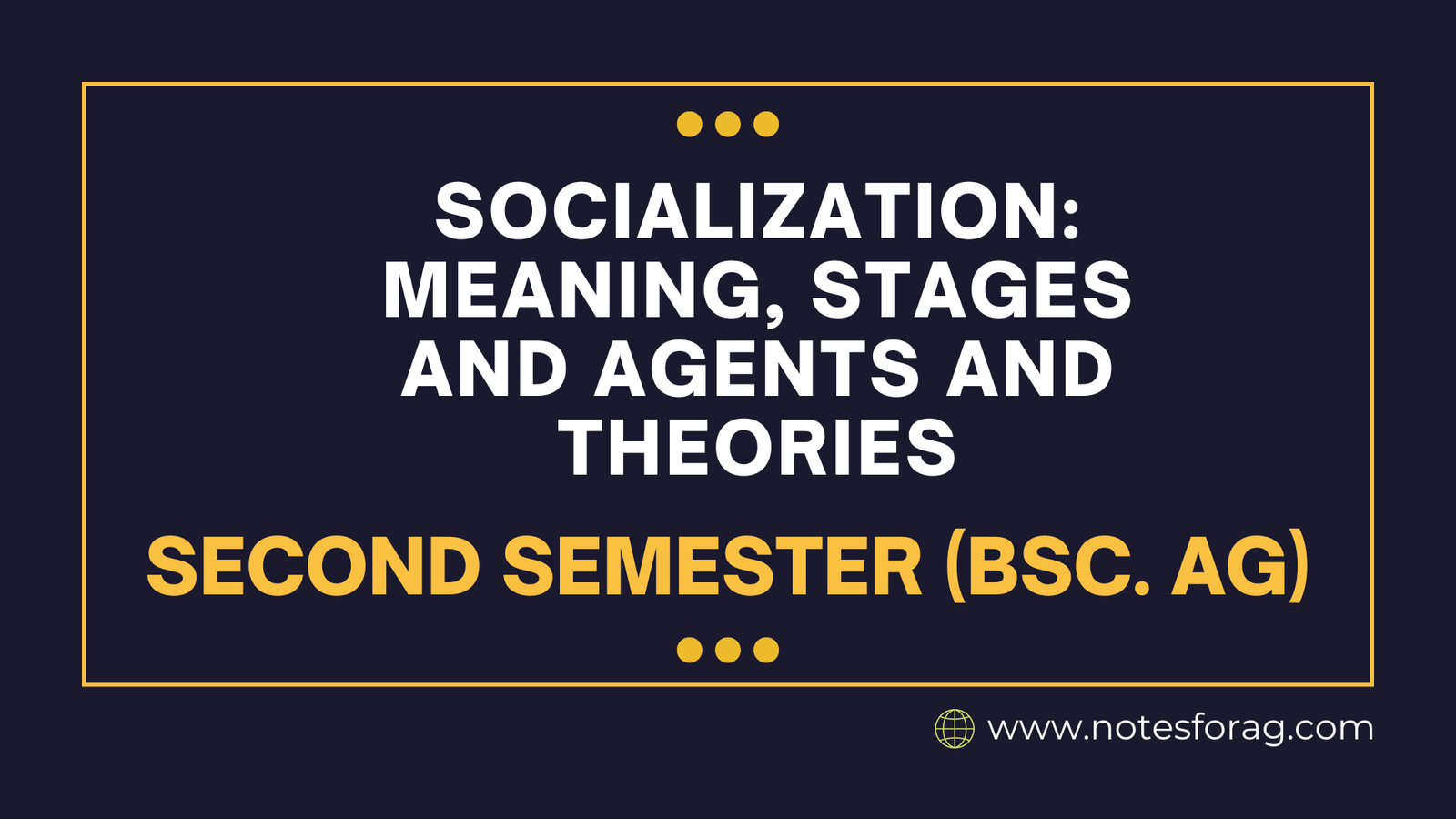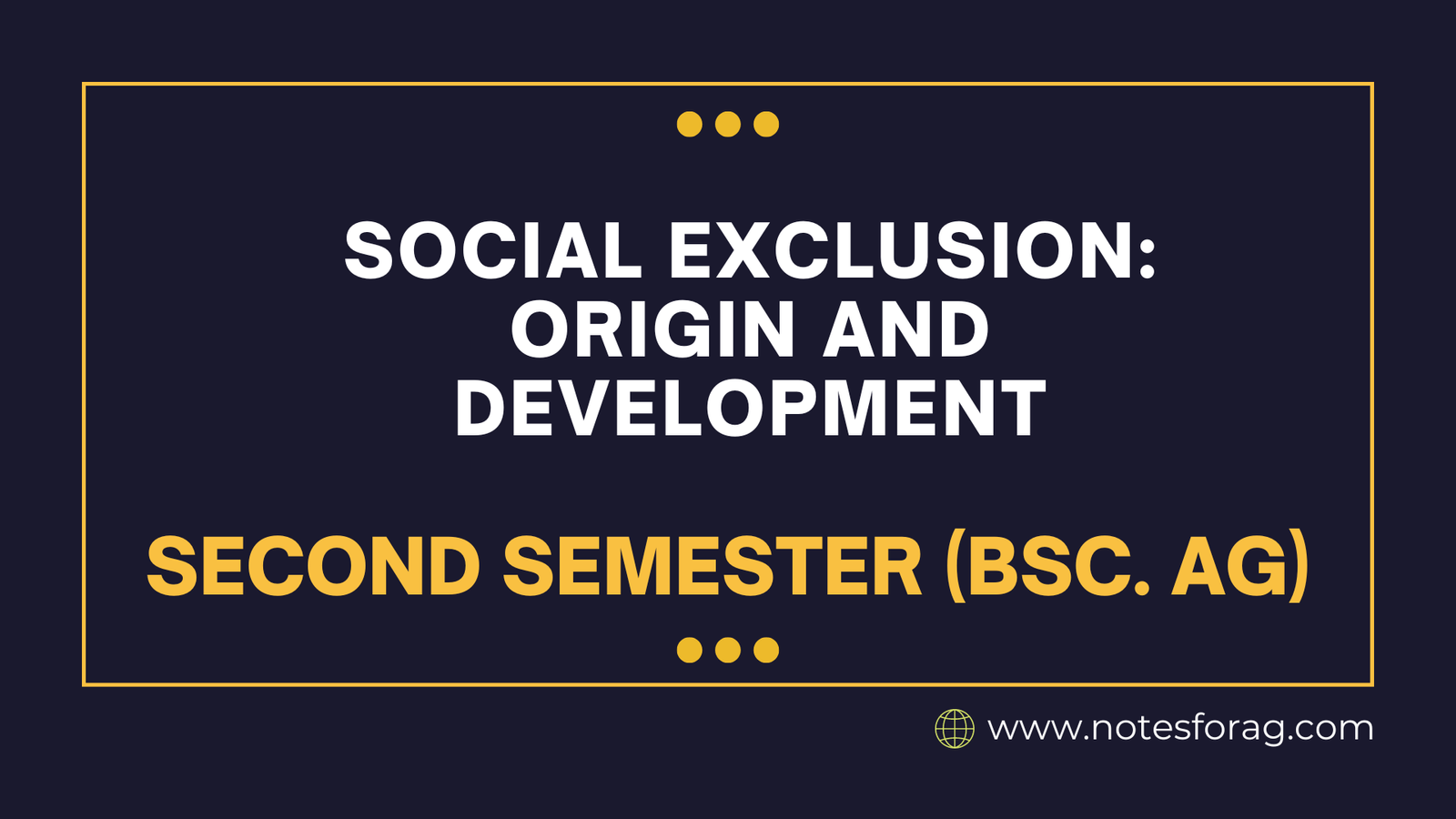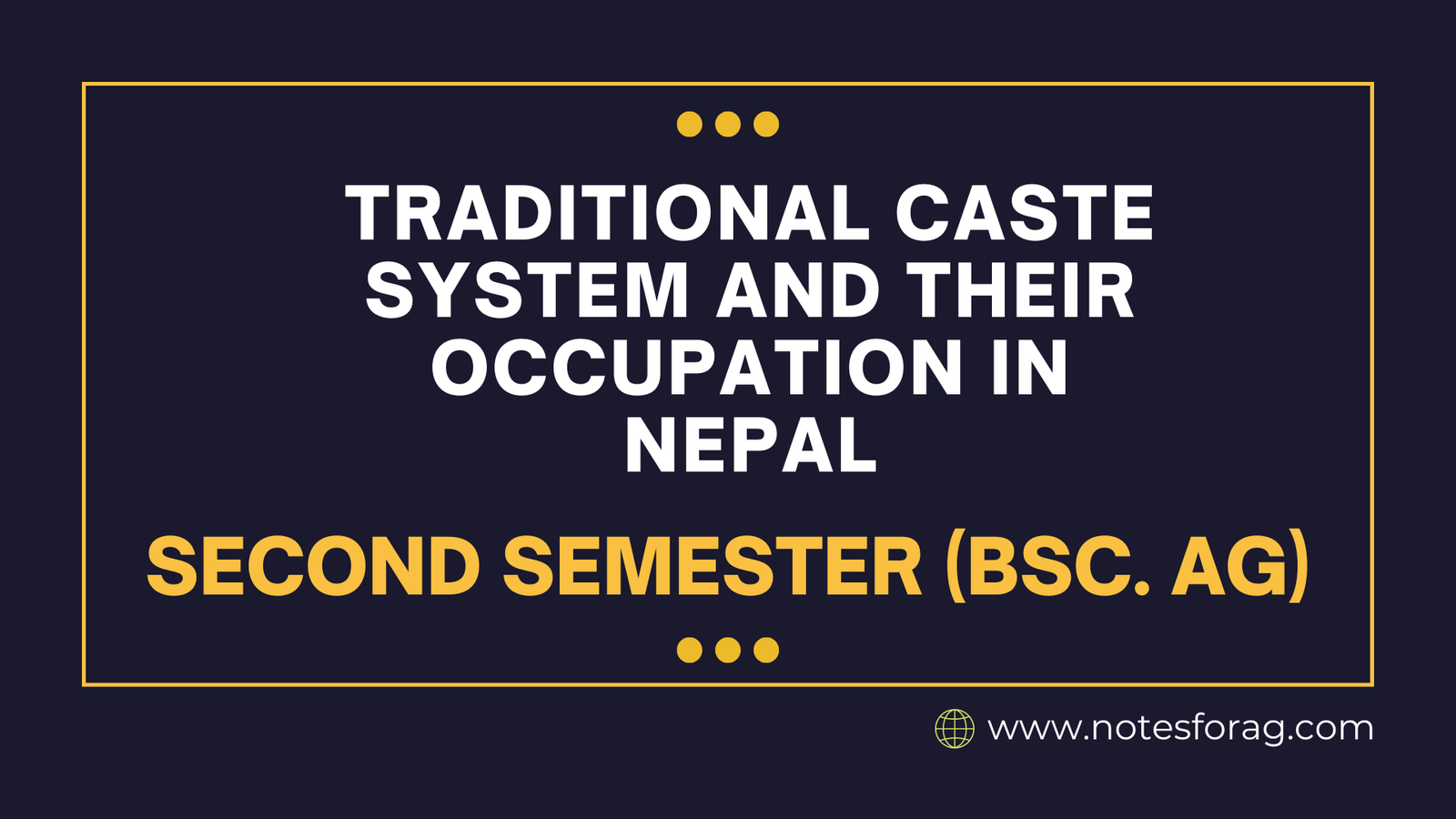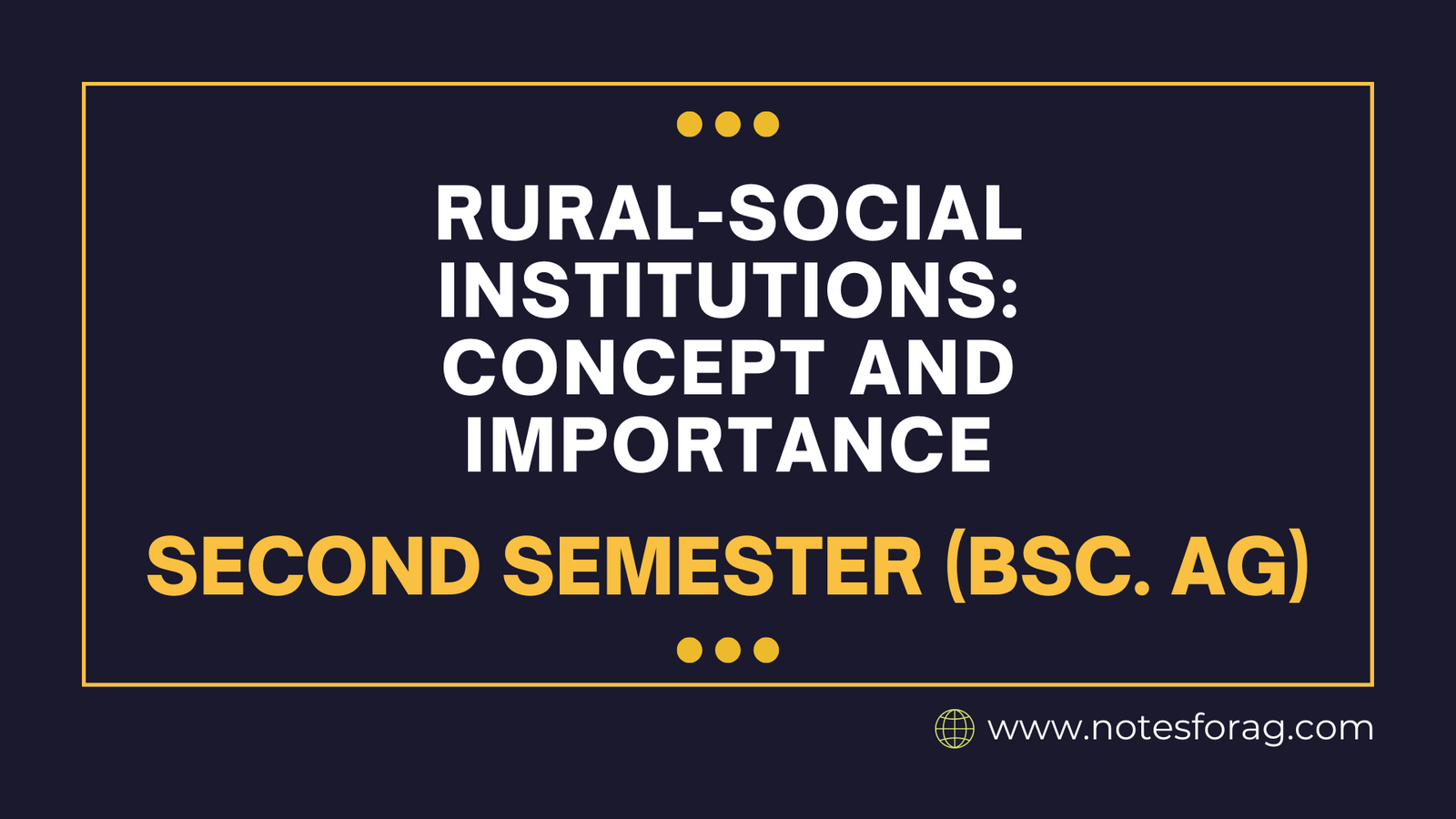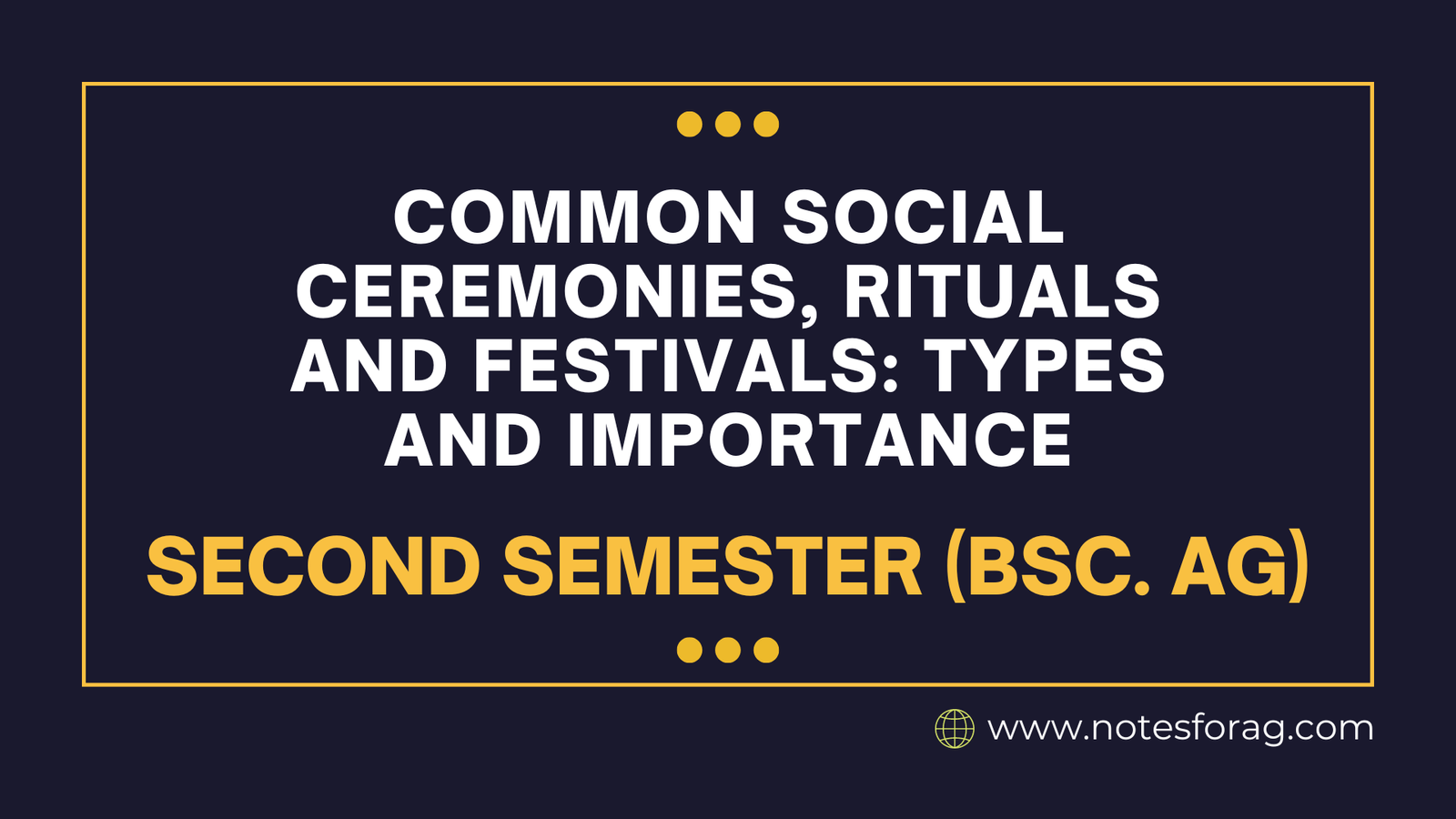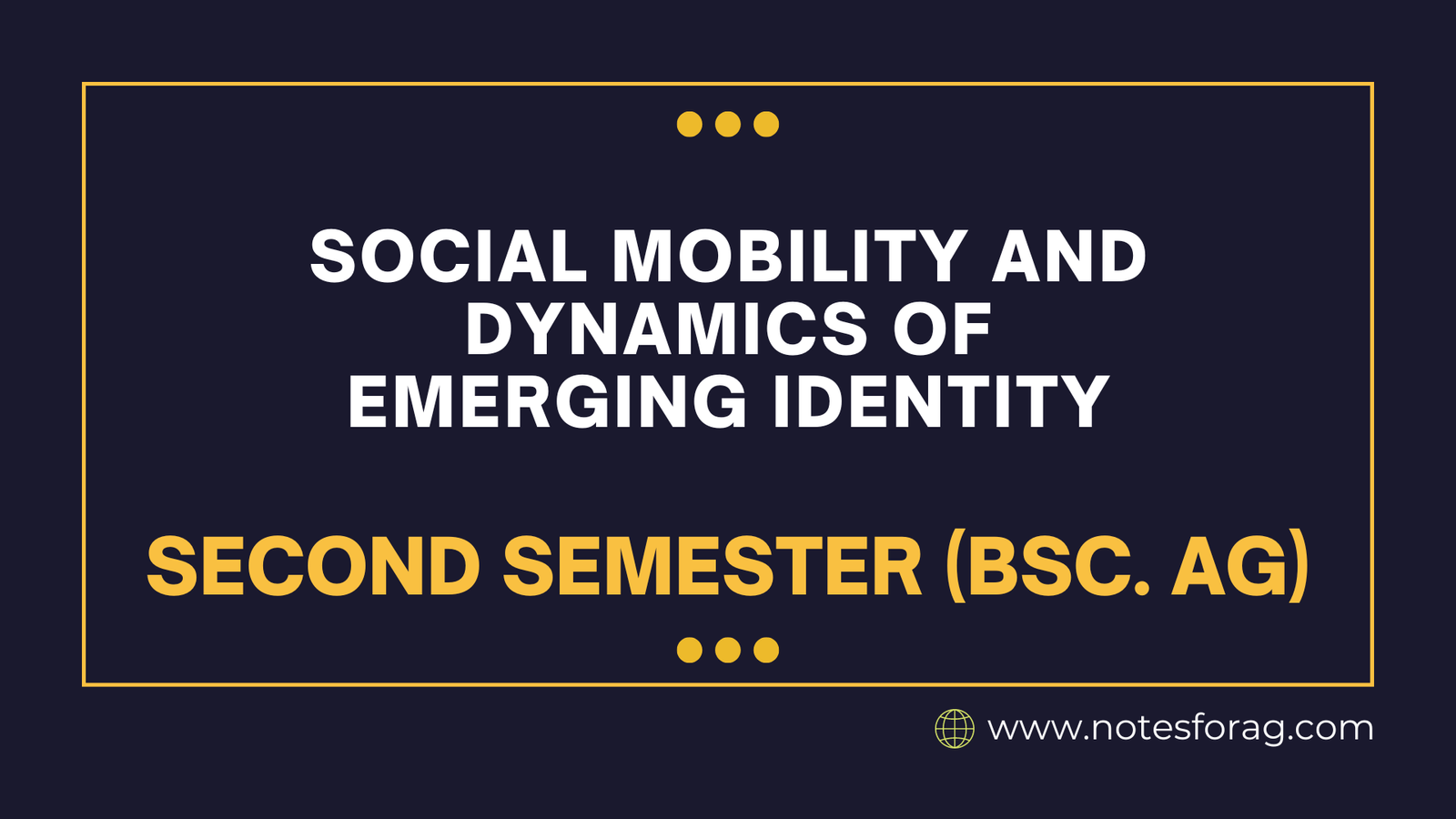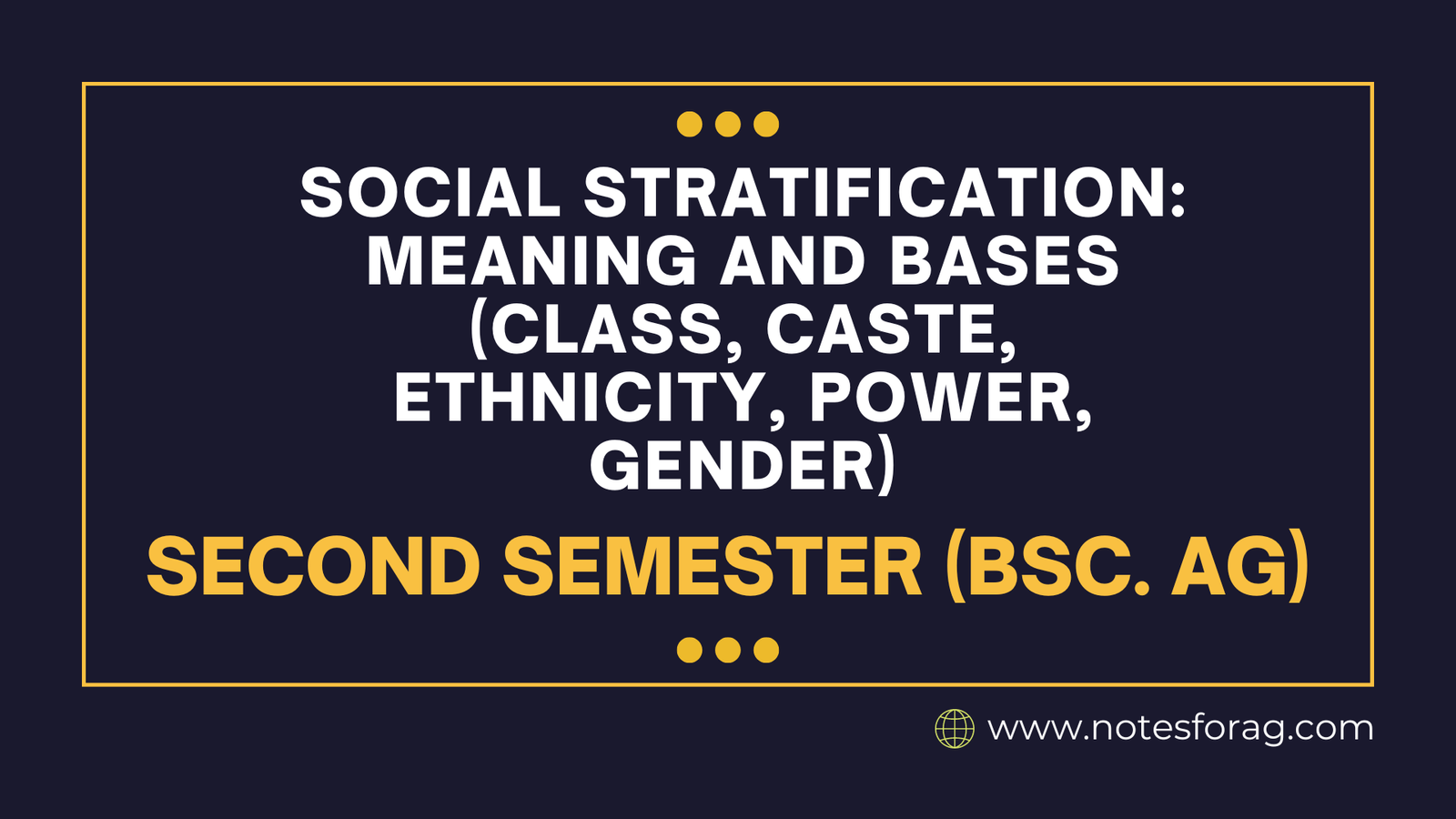Social deviance and social control: Meaning, Types, Theories and Mechanisms
Social deviance and social control are crucial concepts in understanding how societies maintain order and address behaviors that violate norms. A behavior, belief, or circumstance that deviates from accepted social norms can be classified as social deviance and can range from small infractions to major crimes. Social control refers to the systems and tactics that … Read more


